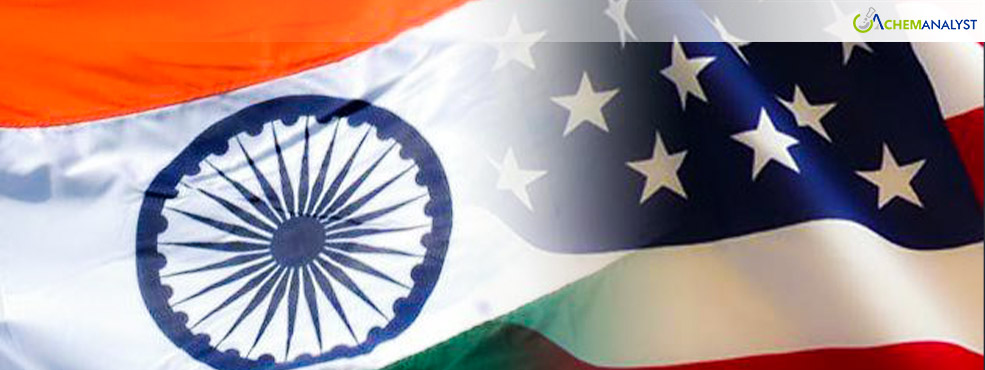Welcome To ChemAnalyst

India has proposed a comprehensive partnership with the United States focused on critical minerals, with the ultimate goal of negotiating a broader trade agreement. This initiative follows a recent initial agreement between the two nations to enhance cooperation on securing supply chains for essential minerals like lithium and cobalt, which are vital for electric vehicles (EVs) and clean energy technologies.
During a press conference on October 19 in New Delhi, Indian Trade Minister Piyush Goyal suggested upgrading the existing memorandum of understanding (MoU) on critical minerals to a formal partnership. This new framework would pave the way for future discussions regarding a free trade agreement (FTA) between India and the U.S. The proposal reflects a growing recognition of the strategic importance of critical minerals in the global economy, particularly in the context of clean energy initiatives.
The U.S. government has expressed a strong interest in establishing trade agreements with trusted allies to facilitate access to the $7,500 per vehicle EV tax credit introduced under the Inflation Reduction Act. Trade deals centered around minerals are seen as a pathway to achieving this objective. Earlier, on October 3, India and the U.S. signed an agreement aimed at fortifying supply chains for critical minerals essential for electric vehicles and clean energy production.
This new agreement emphasizes identifying the necessary equipment, services, policies, and best practices that would support the collaborative development of critical minerals exploration, extraction, processing, refining, recycling, and recovery in both countries. Minister Goyal characterized the partnership as multi-dimensional, encompassing open supply chains for materials, technology development, and investment flows to promote green energy initiatives. He also highlighted the importance of including third countries, particularly those in Africa and South America, in this collaborative engagement to ensure a more robust supply chain.
While this agreement marks a significant step forward in U.S.-India relations regarding critical minerals, it does not constitute a full trade deal that would grant India access to the U.S. electric vehicle tax credit. Notably, Japan has already secured such an arrangement, positioning itself to reduce reliance on China for critical minerals and to safeguard against potential bilateral export controls.
The proposed partnership and its subsequent developments signal India's strategic intent to enhance its position in the global critical minerals market, while also ensuring that it can participate in the green energy transition. By strengthening ties with the U.S. and exploring opportunities for collaboration, India aims to secure a sustainable and resilient supply chain for critical minerals essential for its burgeoning electric vehicle and clean energy sectors.
We use cookies to deliver the best possible experience on our website. To learn more, visit our Privacy Policy. By continuing to use this site or by closing this box, you consent to our use of cookies. More info.
